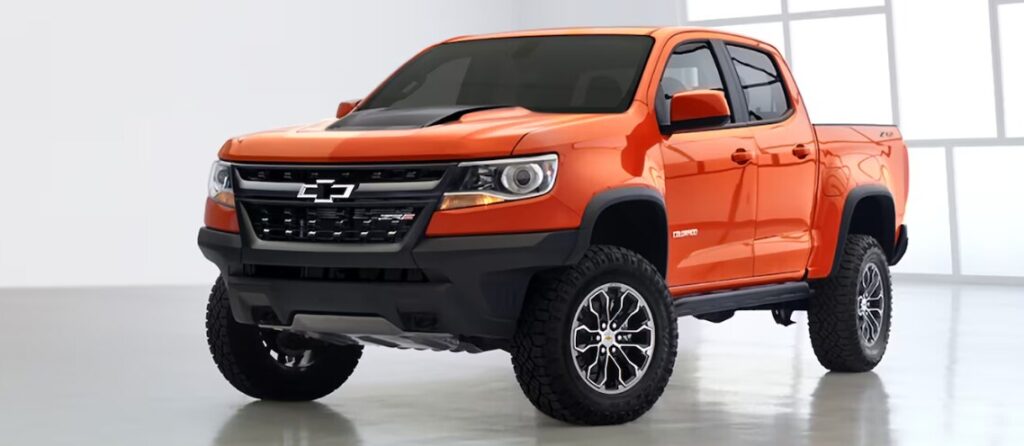Buying a used pickup can be a smart way to get the power, durability, and versatility you need without paying the premium of a brand-new model. With so many options on the market, it’s important to approach the process with a clear plan, focusing on reliability, condition, and overall value.
Researching different makes, models, and year ranges can help narrow your choices and avoid costly mistakes. While browsing listings such as pickup trucks for sale Dallas, pay attention to service history, mileage, and any signs of wear that could indicate future repairs. A thorough inspection and test drive are essential before committing, ensuring you find a truck that meets your needs for work, travel, or everyday driving with confidence.
Set a Clear Budget
The foundation of your truck-buying journey should be a realistic, comprehensive budget. Include the truck’s price, sales tax, registration, insurance, and potential repairs or upgrades. Unexpected expenses, such as major engine work or new tires, can add up quickly, so allocate a financial cushion for post-purchase needs. Being upfront with your budget narrows your search and gives you negotiation leverage.
Research Thoroughly
Successful shopping starts with research. Read reviews and reliability reports on preferred models. Sites like Consumer Reports provide up-to-date analyses of reliability, towing capacity, and resale value. Cross-reference your findings with real-owner experiences and focus on trims, engines, and model years that consistently perform well.
Inspect the Vehicle
Inspecting a used truck demands attention to detail. Begin by looking for rust on the undercarriage, wheel wells, and suspension components, as corrosion can signal future structural issues. Check the engine bay for leaks and listen for unusual engine noises, which might reveal costly underlying problems. A careful walk-around should also include checking tire conditions, suspension for sagging, and bed integrity.
Review Maintenance Records
A complete set of maintenance records builds confidence in the prior owner’s care for the vehicle. Look for routine oil changes, timely fluids and filter replacements, and evidence of major repairs being addressed. Gaps in regular maintenance can foreshadow expensive issues, while a complete history highlights the truck’s likelihood of offering reliable service for years to come.
Test Drive
Take the truck on a thorough test drive covering residential streets and highways. Accelerate briskly to check for transmission hesitation, test the brakes for sharpness and smooth stops, and listen for clunks or squeaks indicating suspension or driveshaft wear. As you drive, evaluate handling and seating comfort—you’ll want the truck to feel solid and responsive in every situation, not just idle.
Verify Towing Capacity
Know your towing needs before you buy. If you plan to pull trailers, boats, or heavy loads, review the manufacturer’s towing specs for the precise engine and drivetrain setup of each truck you consider. The Chevrolet Silverado 1500, for example, can tow up to 12,500 pounds with the proper configuration. Verify that all factory towing equipment, such as hitches and wiring, is present and unmodified. Matching the truck’s capabilities to your tasks ensures safety and maintains the longevity of your investment.
Check for Modifications
Some truck owners modify suspensions, exhausts, or emissions systems for off-roading or performance, but not all changes are beneficial. Watch for altered ride heights, oversized tires, and deleted emissions equipment, which may cause reliability, legal, or insurance headaches. When in doubt, stick with models in original or lightly modified condition, and always ask for supporting paperwork if the truck has been upgraded.
Consult a Mechanic
Even after your inspection, enlist a trusted mechanic before you finalize the purchase. A professional can spot hidden issues with electronics, powertrains, or frames and provide an unbiased value assessment. This relatively small investment can protect you from thousands of dollars in repairs later and give you negotiating power if minor problems are found.
Buying a used pickup truck is all about balancing practicality with peace of mind. By taking the time to research, budget, inspect, and test thoroughly, you set yourself up for a purchase that truly fits your lifestyle. Remember, the best deal isn’t always the cheapest one—it’s the truck that can handle your needs reliably for years. A careful approach ensures you drive away with confidence, long-term value, and the assurance that your investment was well spent.
Read Also: techinfobusiness.com



